‘High Loss’ Prompts Aldi to Shut Down Self-Checkout Across Multiple States
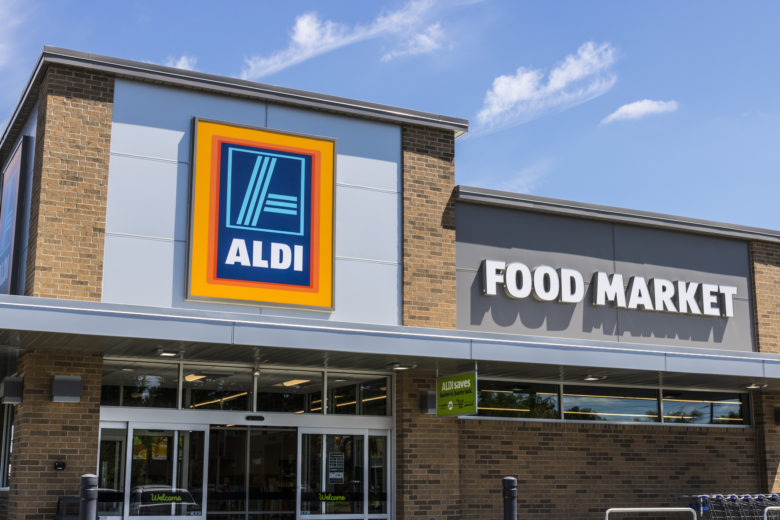
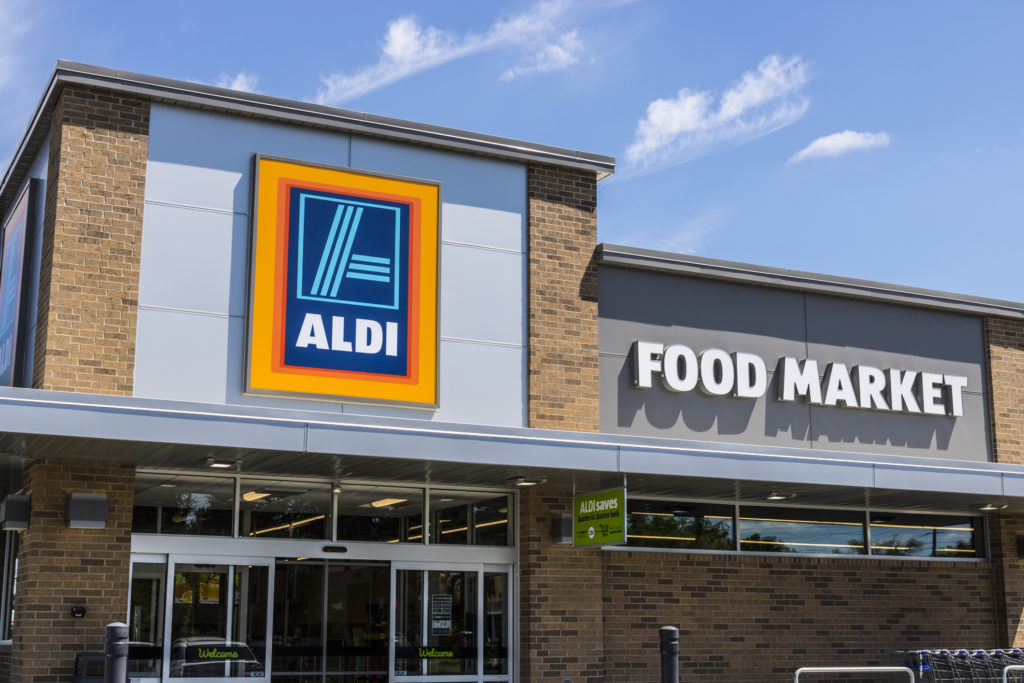
Aldi, the no-frills grocery chain known for its low prices and efficiency, is quietly pulling back from self-checkout lanes across multiple U.S. states. The move, which the company attributes to “high loss”, has sparked a wave of shopper confusion and debate about convenience, theft, and the future of automation in retail.
Theft Becomes a Major Factor
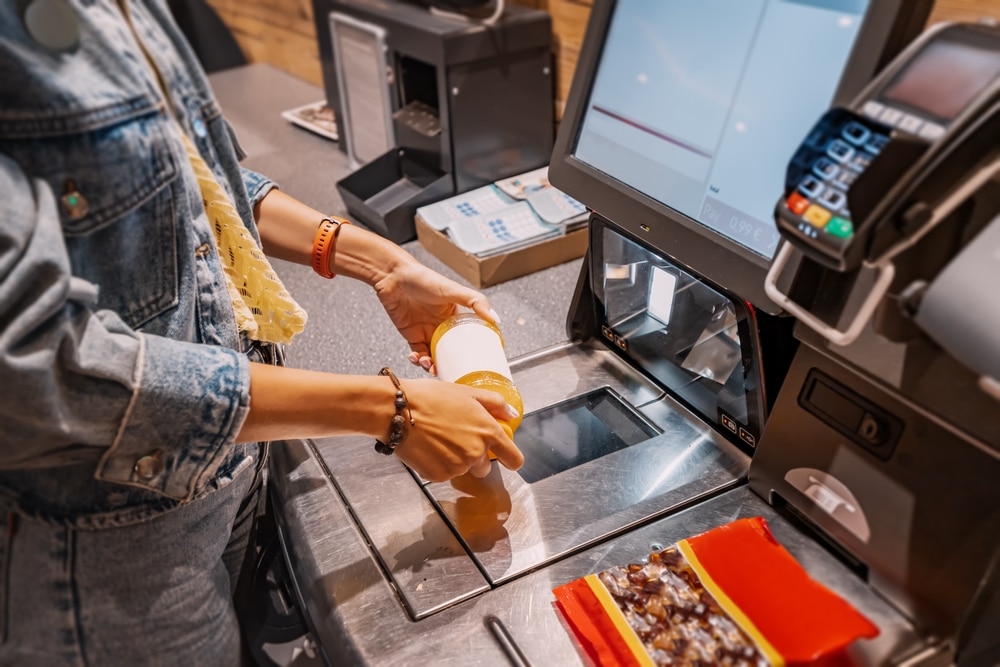
While Aldi has not publicly blamed customers, insiders suggest the decision came amid rising incidents of theft at self-checkout stations. Employees say “skip-scanning”, intentionally failing to scan all items, became common, while some stores struggled with organized retail theft rings targeting self-service lanes.
A Wider Retail Reckoning

Aldi’s reversal mirrors similar moves by Walmart, Target, and Dollar General, which have scaled back or limited self-checkout availability after finding it increased shrinkage (industry jargon for loss). Retail experts note that theft-related losses have surged nationally, prompting stores to invest in security measures such as monitored checkout areas and employee-assisted kiosks.
Aldi’s Official Response

When reached for comment, Aldi avoided confirming a nationwide rollback but acknowledged that some stores had “adjusted their operations” to “optimize the customer experience.” The company insists that decisions are made at the regional level and that its focus remains on keeping prices low and checkout times short.
A Sudden Policy Shift
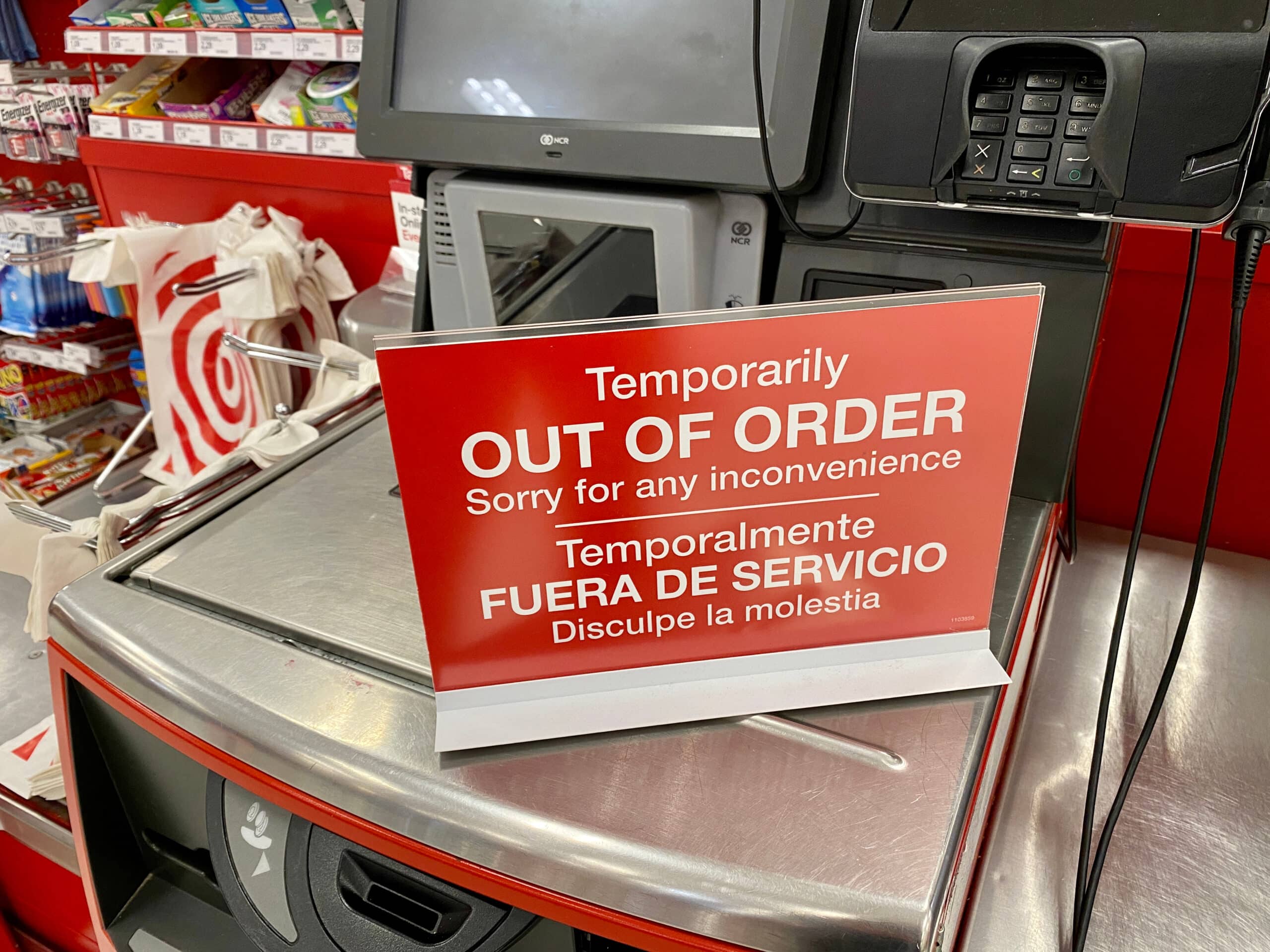
Reports from shoppers in Illinois, California, Maryland, and Missouri indicate that Aldi stores have recently removed all self-checkout machines, sometimes overnight. In Chicago’s Old Town neighborhood, one employee reportedly told a customer that theft had cost the store up to $7,000 a day in lost inventory.
The Cost of Convenience

Self-checkout was originally introduced at Aldi in 2021 as a cost-saving measure designed to reduce staffing needs. However, employees say the opposite occurred; the kiosks required oversight, frequent maintenance, and created bottlenecks during busy hours. One Reddit user quipped, “Trained cashiers can scan groceries faster than most of us ever could.”
Customer Reactions

The decision has divided shoppers. Some praise Aldi for cracking down on theft that could raise prices, while others lament longer lines and the loss of convenience. “It was absolute chaos,” one Maryland shopper said after self-checkout lanes were closed. “They literally couldn’t keep up with the rush,” as reported by The U.S. Sun.
What Comes Next for Aldi
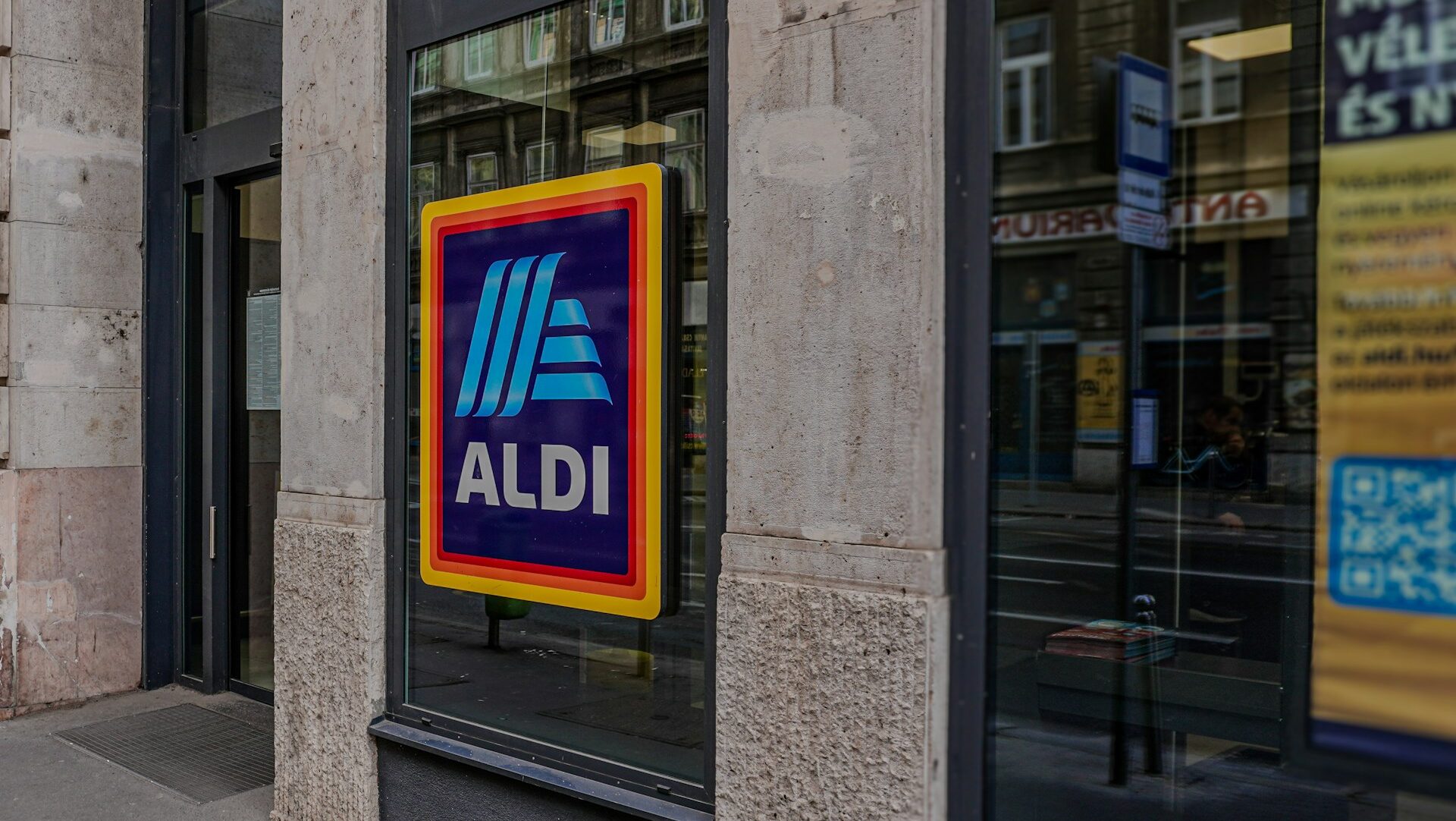
According to Martha Stewart Living, Aldi is experimenting with AI-powered checkout systems similar to those being tested at Sam’s Club. These systems automatically recognize items as they’re placed in bags or carts, potentially reducing theft without eliminating automation entirely.
A Symptom of Larger Issues

Analysts view Aldi’s move as part of a broader conversation about the limits of self-service technology. Once hailed as the future of retail, self-checkout has become a symbol of cost-cutting gone wrong, shifting labor to customers while inviting losses and frustration. The experiment, they say, may have revealed that automation without accountability doesn’t always pay.
Checkout Reality Check

Aldi’s retreat from self-checkout isn’t just a reaction to theft; it’s a reflection of a growing tension between efficiency and experience. In chasing cost savings, retailers may have underestimated how much shoppers still value human interaction and how fragile trust can be when the line between customer and cashier starts to blur.
